In a disturbing new trend, TikTok is being flooded with AI-generated videos that spread racist stereotypes and misinformation—disguised as entertainment. These videos, produced with deepfake technology and synthetic voices, are racking up millions of views, revealing how easily artificial intelligence can be weaponized to push bigotry on one of the world’s most influential platforms.
Synthetic Hate in a Scroll
These AI-generated clips often feature fake newscasters, fictional characters, or completely made-up personas presenting blatantly racist narratives. They use realistic voiceovers and computer-generated faces to simulate credibility, often mimicking real people or familiar archetypes. The goal? To exploit TikTok’s algorithm and tap into cultural biases for views, shares, and viral reach.
What makes this trend especially dangerous is how believable these videos can be. They are short, visually convincing, and tailored to appear as legitimate commentary or satire. But in reality, they dehumanize minorities, reinforce harmful stereotypes, and spread false narratives—all under the guise of digital creativity.
Why TikTok’s Algorithm Is a Key Player
TikTok’s powerful algorithm is designed to boost content based on engagement, not truth. These AI-fueled videos often trigger outrage, confusion, or even laughter—emotions that fuel the platform’s virality engine. As a result, hateful content disguised as humor is not just tolerated—it’s being rewarded.
Despite TikTok’s stated policies against hate speech and misinformation, enforcement remains inconsistent. Many of these videos slip through moderation filters, while creators hide behind AI anonymity to avoid accountability.
The Bigger Problem: Normalizing Prejudice
The viral spread of racist AI content is more than a platform problem—it’s a cultural warning sign. These videos normalize hate under layers of digital innovation. Young users, who make up the majority of TikTok’s audience, are especially vulnerable to absorbing these messages without questioning their origins or accuracy.
What begins as “just a meme” can quickly become a vehicle for radicalization, cultural division, and societal harm. The more people scroll past these videos without speaking up, the more they become part of the digital wallpaper of hate.
The Call for Accountability
It’s time for platforms like TikTok to evolve their moderation systems to keep pace with AI-generated content. Transparency in content sourcing, clear labels for synthetic media, and stronger action against racist content are critical steps to curb this trend.
For viewers and creators alike, this moment calls for digital responsibility. If we can build tools that simulate reality, we must also build ethics to guide their use.
Check video link on website to see examples of this disturbing trend.

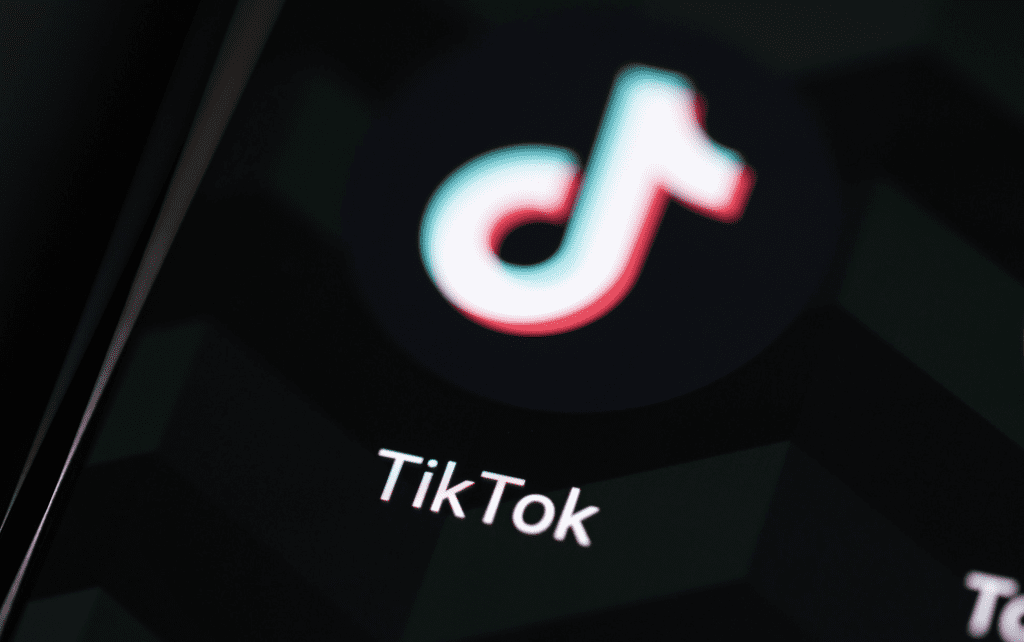
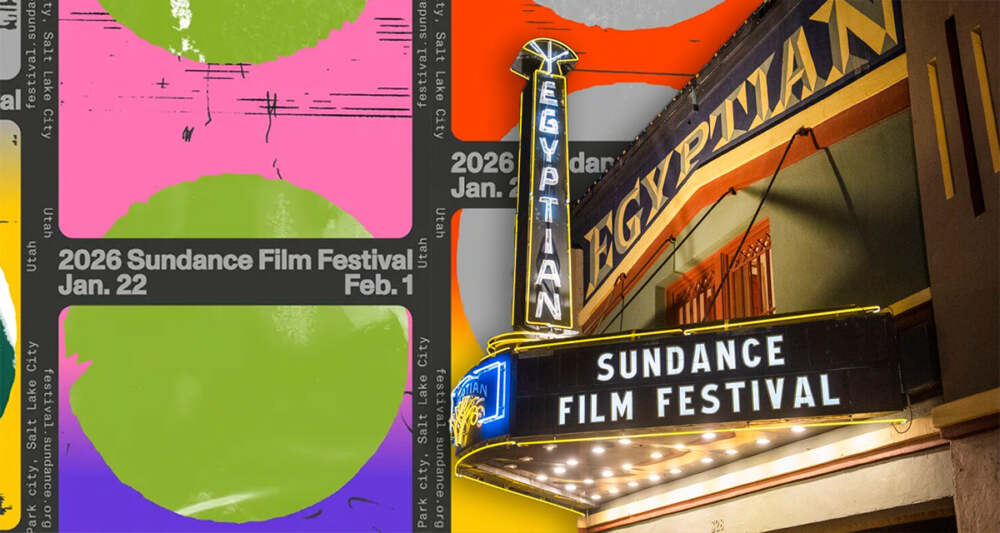

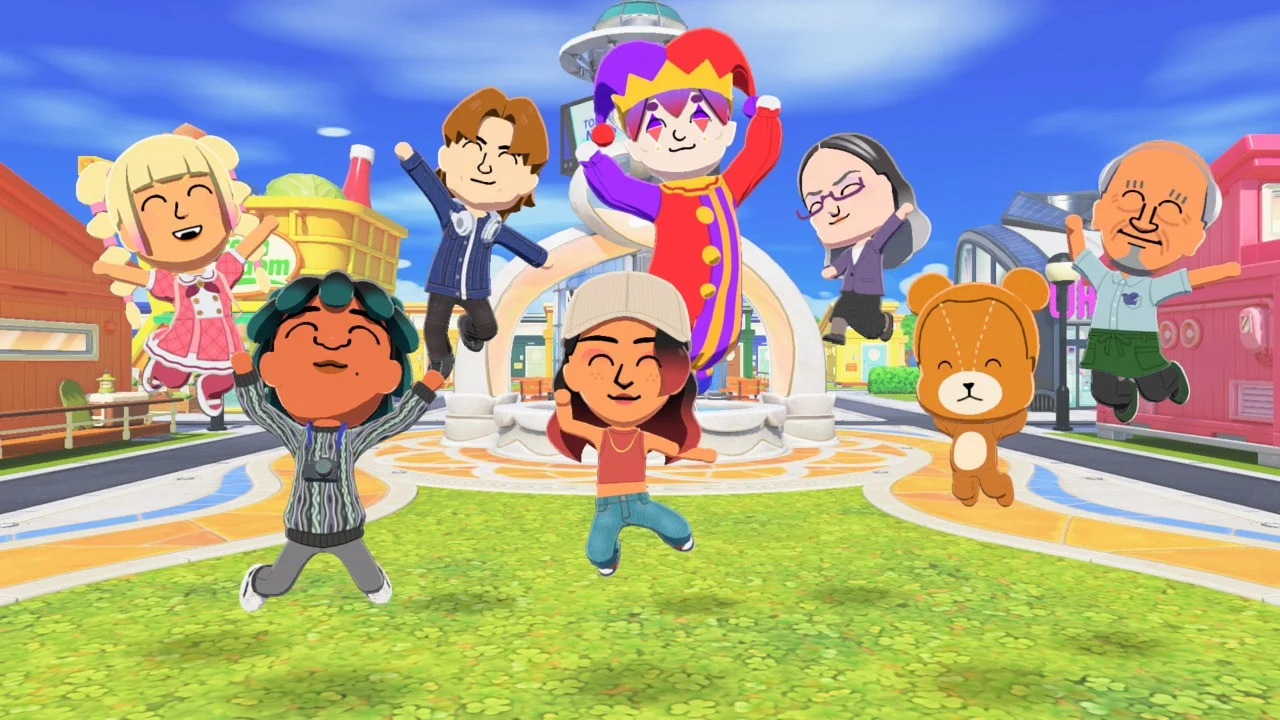
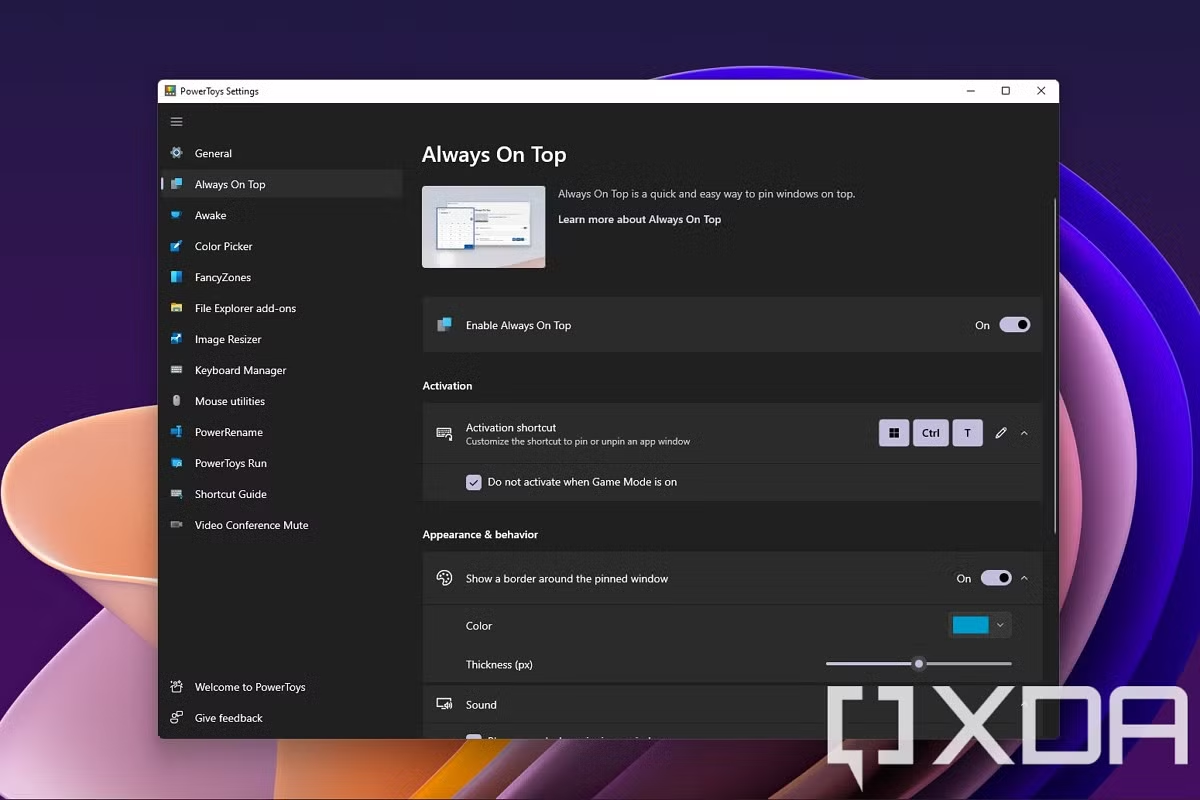
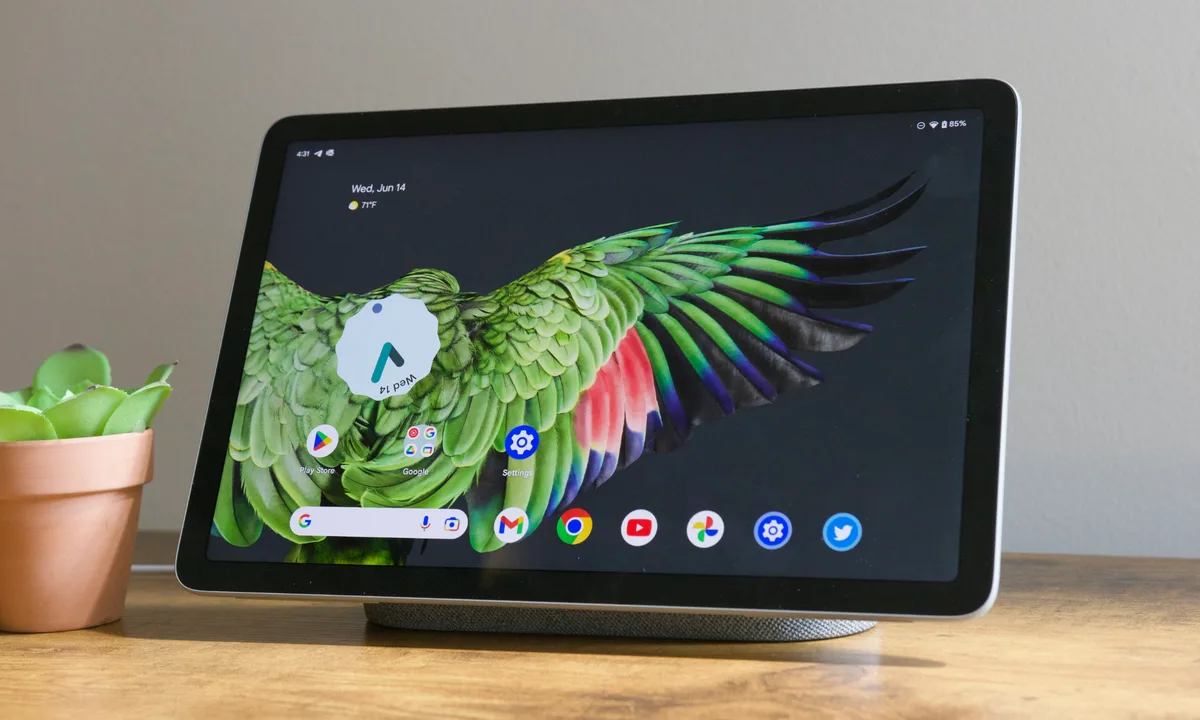
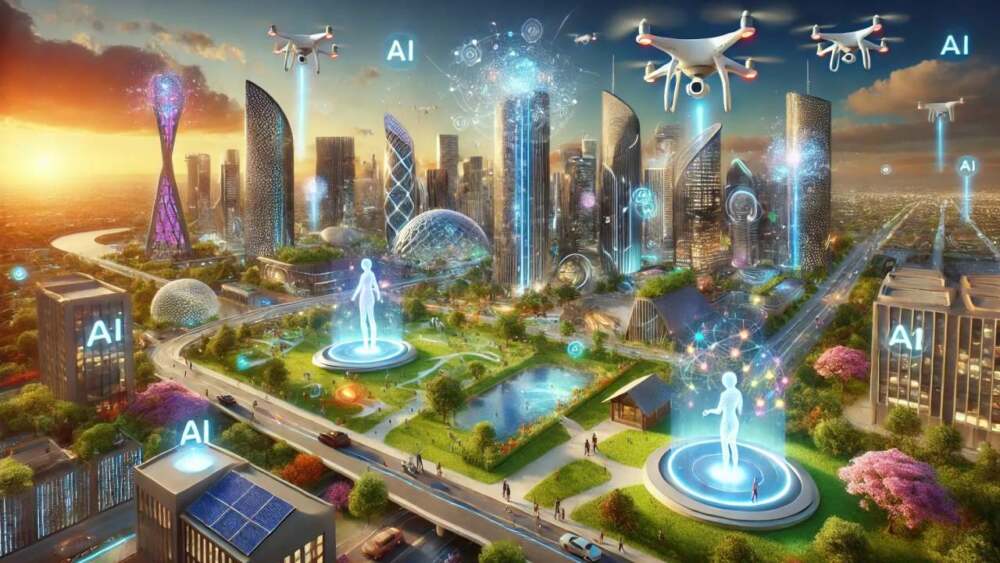
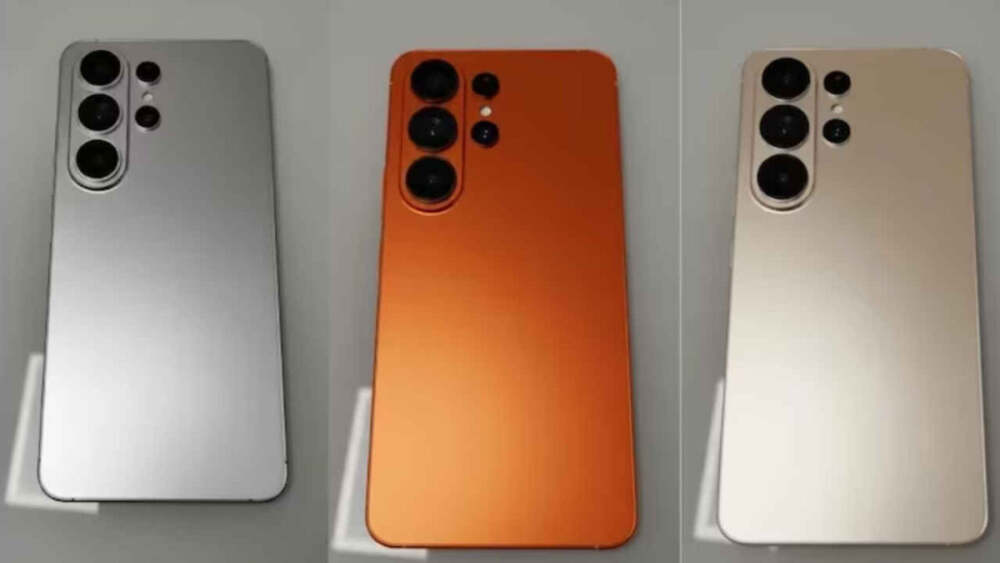
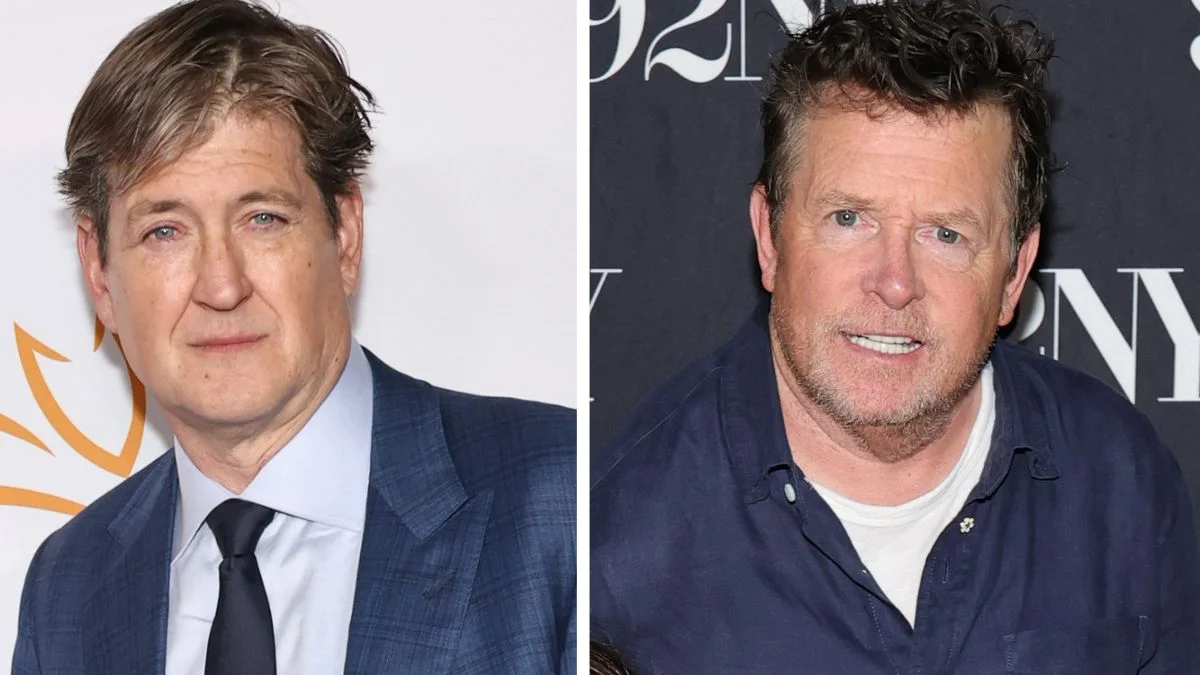
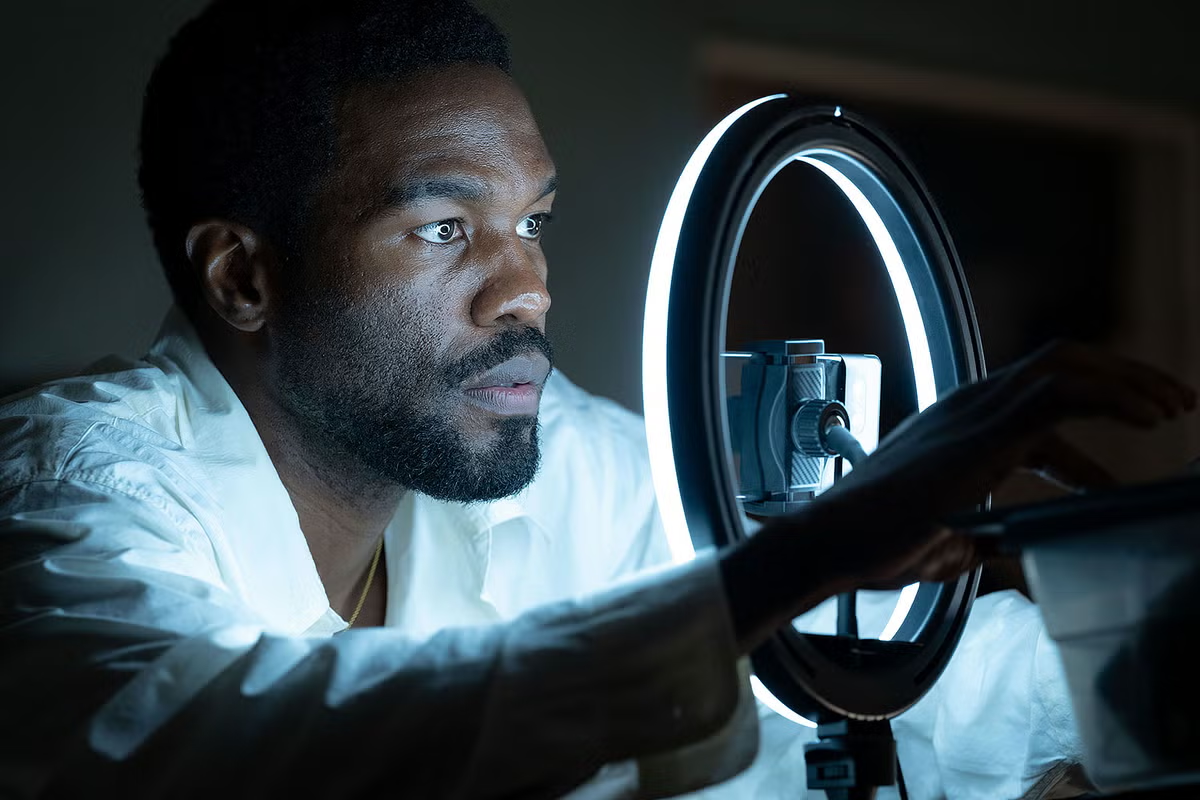
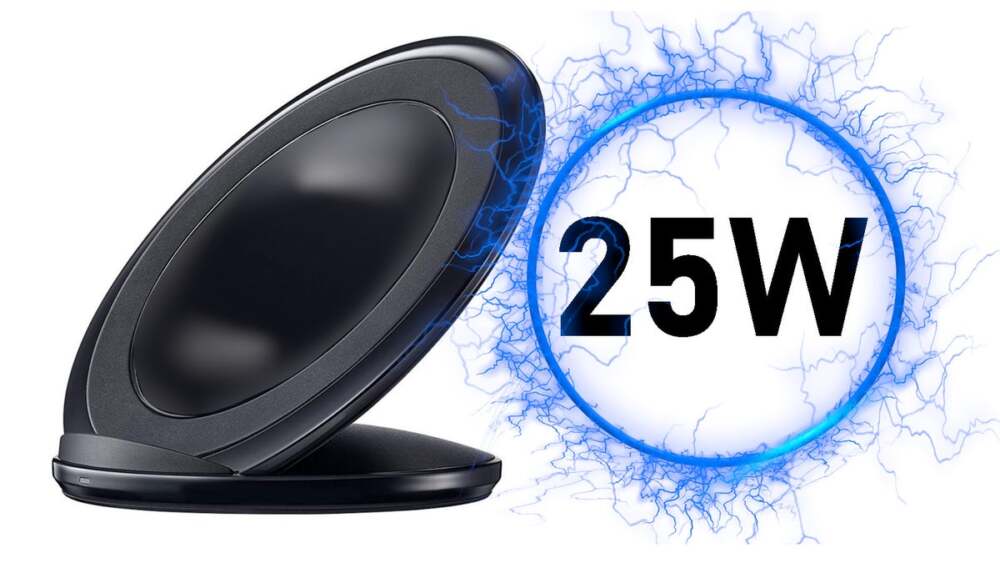




Leave a Reply